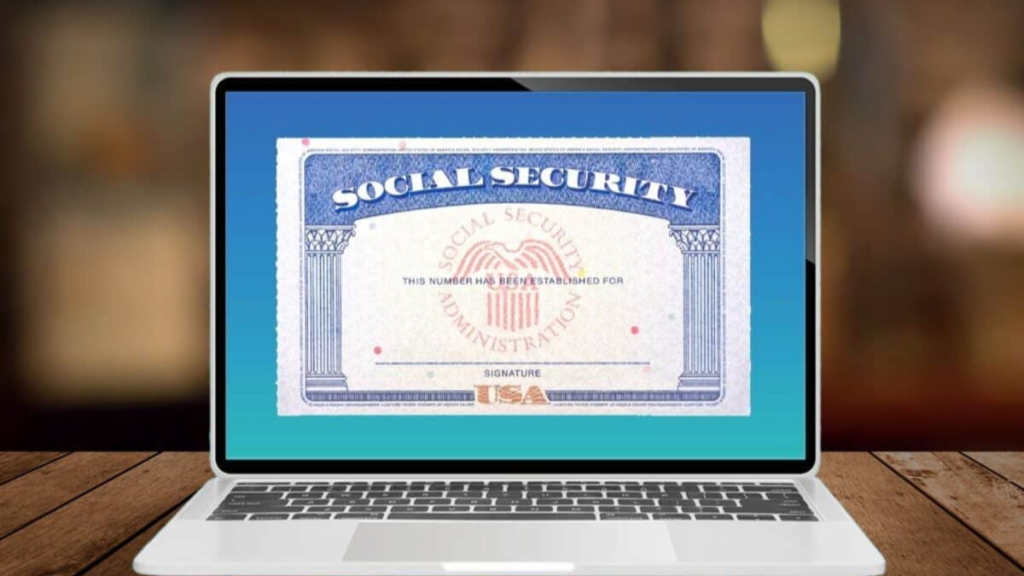Millions of Americans rely on Social Security payments each month to cover essential living expenses. These benefits are a lifeline for retirees, disabled individuals, and survivors.
However, there are times when payments don’t arrive on time, causing confusion and financial stress. If you’re asking, “Why is my Social Security payment delayed?”—you’re not alone. Several common issues can result in late or missing payments.
Most Common Reasons for Delayed Social Security Payments
1. Incorrect Bank Information
Direct deposit is the fastest and most reliable way to receive Social Security payments. However, if your bank account details—such as routing or account numbers—are incorrect or outdated, your payment may be delayed or returned to the Social Security Administration (SSA).
Solution: Log into your my Social Security account and verify your banking details. If there are any errors, update them immediately. It may take one or two payment cycles to process the changes.
2. Change of Address or Residence
If you recently moved and haven’t updated your mailing address, your physical checks or important notices may be delayed or lost. This is especially important if you’re not using direct deposit.
Solution: Notify the SSA of any address changes online or by calling 1-800-772-1213. Also, ensure your local post office has your updated forwarding information.
3. Federal Holidays and Weekends
Social Security payments are typically scheduled on specific Wednesdays of each month. However, if a scheduled payment date falls on a federal holiday or weekend, the deposit may be processed on the prior business day—or slightly delayed.
Solution: Refer to the SSA’s payment schedule to know your exact deposit date. Planning ahead for holidays can help you avoid surprises.
4. Technical Issues or System Errors
The SSA or your financial institution may occasionally experience technical glitches. These can disrupt the deposit process or result in a system-wide delay.
Solution: Contact your bank to ensure there aren’t issues on their end. If everything checks out, reach out to the SSA to report the delay and ask for further assistance.
5. Identity Verification Issues
If there are concerns about identity theft or fraudulent activity related to your Social Security number, the SSA may place a temporary hold on your benefits until the matter is resolved.
Solution: Check your mail or online account for any notices from the SSA. You may need to provide identification or documentation to verify your identity.
6. Recent Application or Change in Benefits
If you recently applied for Social Security benefits or made changes—such as switching from disability to retirement benefits—your payment schedule may temporarily change or be delayed during the transition.
Solution: Processing times vary, but new applications can take weeks or even months. Stay in touch with your SSA office to track the status of your application or change.

7. Garnishments or Overpayment Deductions
In certain cases, Social Security payments can be reduced or delayed due to garnishments for unpaid debts such as federal taxes, child support, or previous SSA overpayments.
Solution: The SSA will notify you before making such deductions. If you believe the garnishment is incorrect, you can file an appeal or request a reconsideration.
What You Can Do If Your Social Security Payment Is Late
If your payment hasn’t arrived on your scheduled date, don’t panic. Here’s a checklist of actions you can take:
- Wait 1–3 business days – Sometimes, delays are due to processing backlogs.
- Check your bank – Confirm that no issues exist with your account or routing numbers.
- Log into your SSA account – Review any recent notices or updates.
- Call the SSA – Dial 1-800-772-1213 (TTY 1-800-325-0778) between 8 a.m. and 7 p.m. Monday through Friday.
How to Prevent Future Delays
To avoid late payments in the future, consider taking the following steps:
- Enroll in direct deposit – This ensures the fastest delivery of your benefits.
- Keep your contact information current – Update your address, phone number, and banking details regularly.
- Monitor your SSA account – Set up alerts and review messages from the SSA.
- Stay informed – Check the SSA’s holiday schedule and payment calendar in advance.
Final Thoughts
A delayed Social Security payment can be a frustrating experience, but in most cases, the issue is temporary and easily resolved. Whether the problem lies in incorrect information, federal holidays, or technical errors, knowing the possible causes and taking proactive steps can help you receive your benefits on time each month.
For more details about Social Security payment schedules and how to manage your benefits, visit the official SSA website.
Disclaimer – Our team has carefully fact-checked this article to make sure it’s accurate and free from any misinformation. We’re dedicated to keeping our content honest and reliable for our readers.
